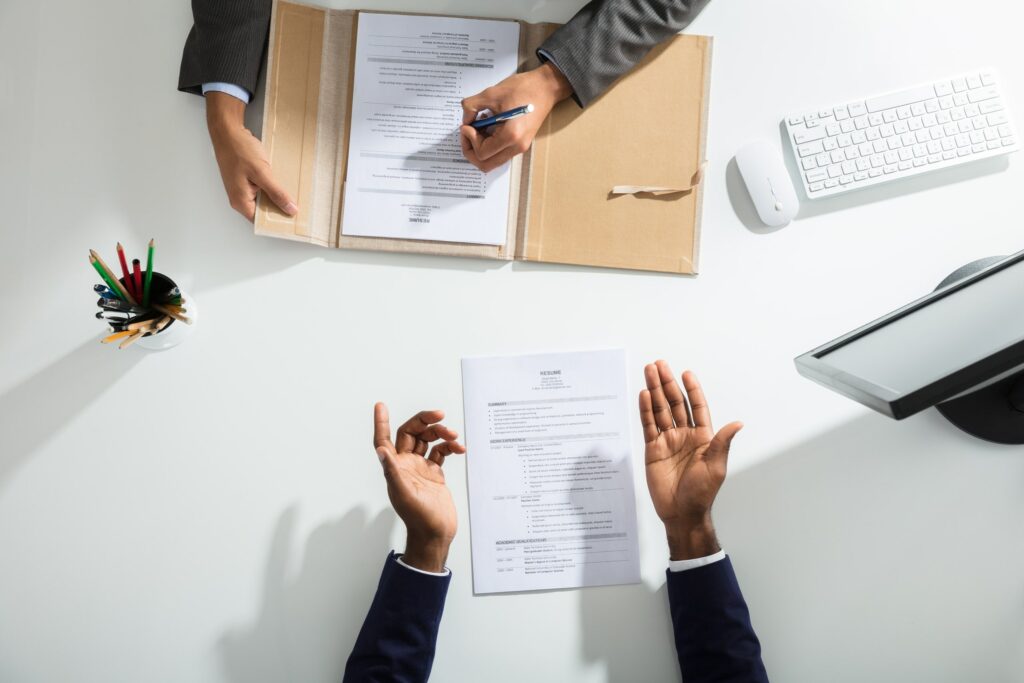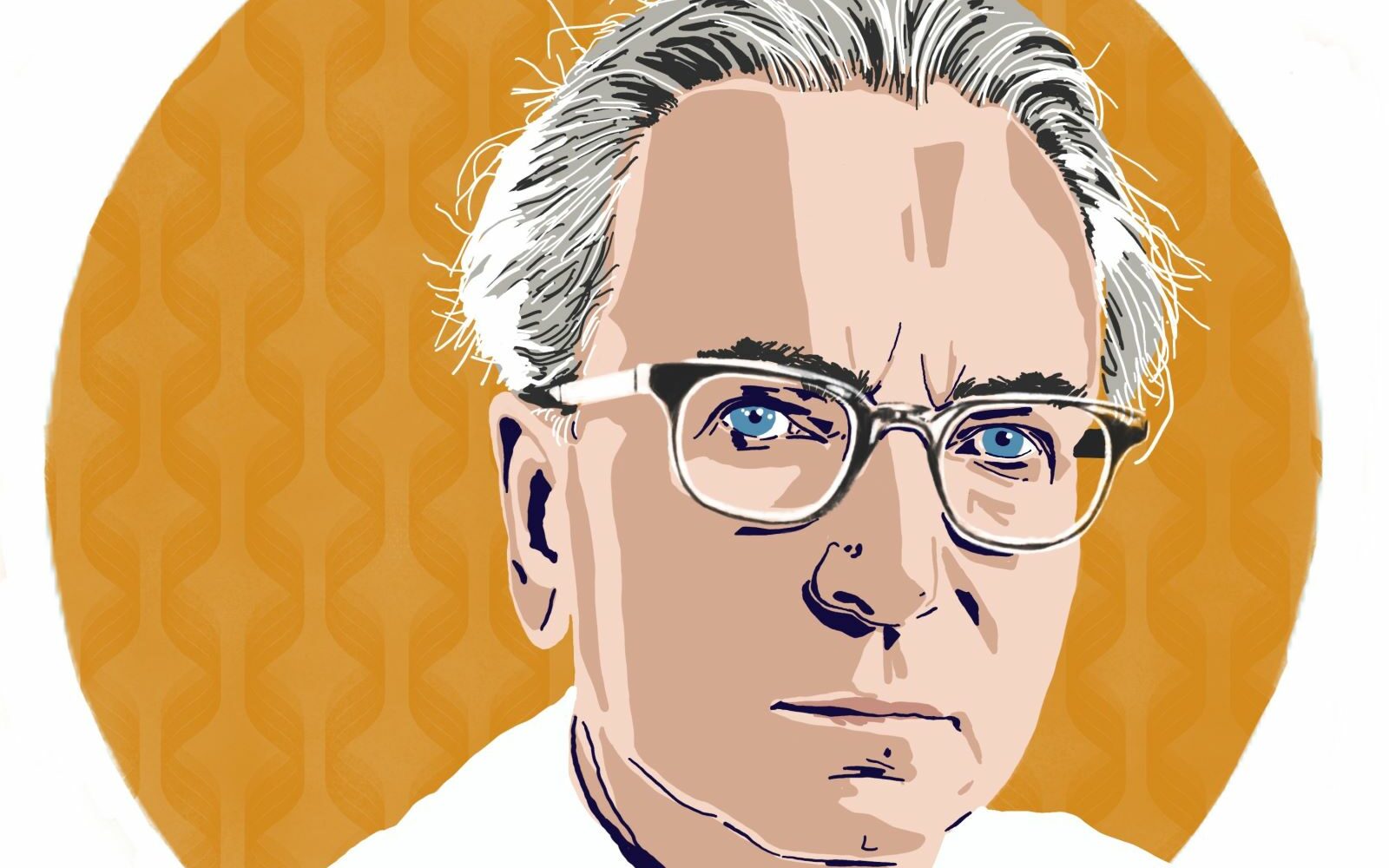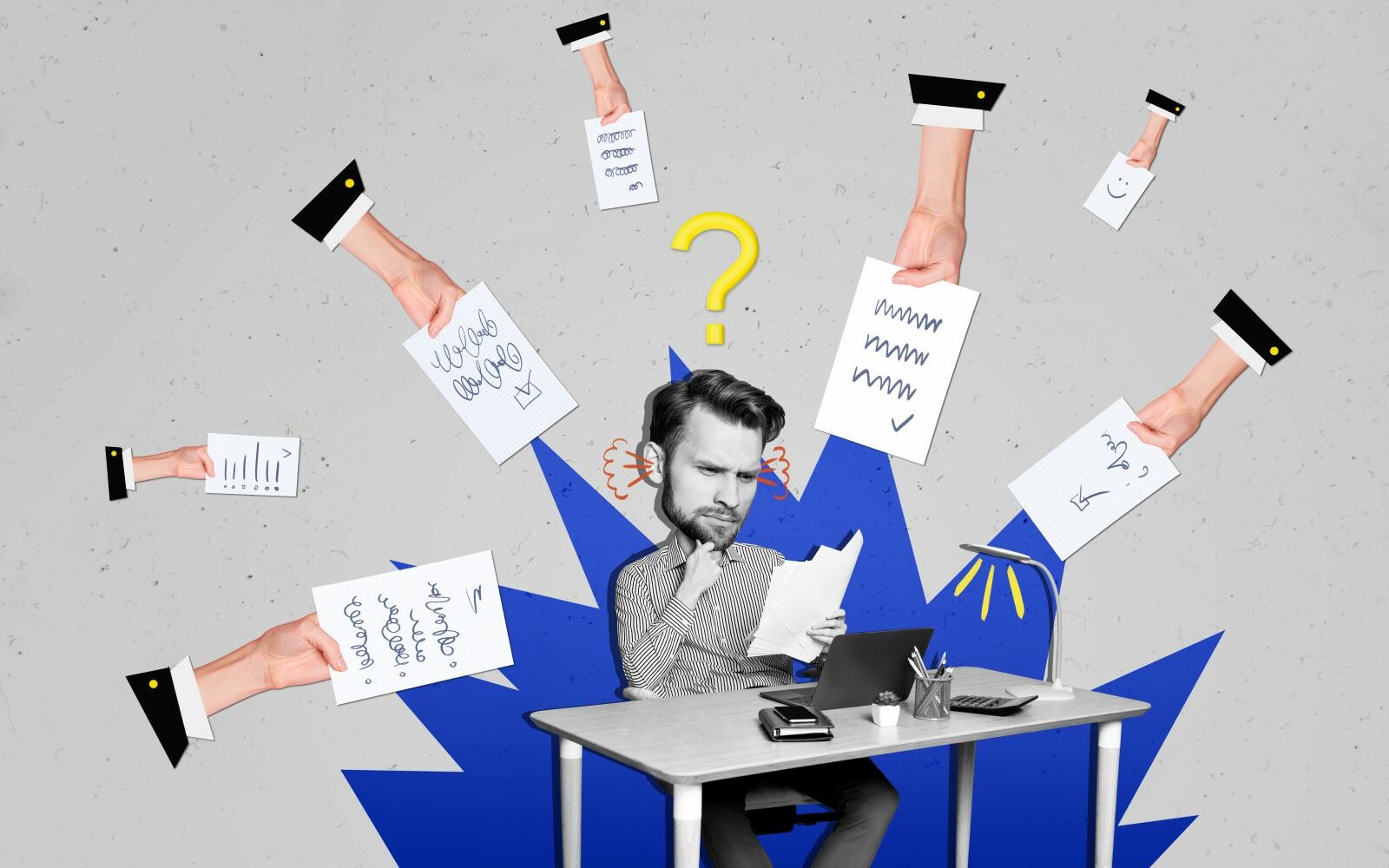Breaking rules makes for great stories. The best selling biographies of industry innovators are full of stories where those leaders went outside of the norm and achieved amazing things. There may have been a few flops along the way, but success triumphed all!
In every field there are opportunities to challenge the norm and bring about advancement. The question to ponder in each situation is: Does the norm exist because it’s already the tried and tested best solution, or is there something broken that needs to be changed?
Most employees attend roughly 62 meetings per month, with executives spending about 72% of their time in meetings. That’s a lot of time spent in meetings. We’re going to venture an educated guess and say that in that incredible amount of our lives spent in meetings, most people would rather listen and engage instead of taking notes. That’s aside for all the people who don’t take notes because they’re multi-tasking, or are bored and have fallen asleep. To solve this, platforms are working on all kinds of solutions to break from the old note taking rules and innovate. The most popular solutions are the cool technologies emerging around collaborative note taking or voice recording, with AI to identify what’s important to include in meeting notes. The notes are then automatically distributed. Sounds awesome, but is that the most effective way to have a purposeful outcome from the time spent in a meeting? Is this innovation, or a flop waiting to happen?

Also Read: A Complete Guide: Planning a Decision Making Meeting
Breaking the Rule – No Note Taking
When I was in the 7th grade I had a history teacher who chose to challenge the norm in her classroom. Normally, taking notes to record a lesson is a standard expectation of students in the Junior High. This teacher decided that her students should be fully engaged in the lesson, not heads down scribbling. She put in the time to prepare notes for us before each class. She would distribute the notes at the start of a session so that everyone could easily follow along. Students knew that they were only responsible for the exact information in those notes and would not be tested on anything else. To our delight we were able to kick back and listen as she regaled us with colorful tales from the past. Her class was one that we looked forward to and still look back fondly on to this day.
Note Taking and Memory Retention
Was her well-intentioned method of assuming engagement in presentation as a better wiring of the brain than writing things down, scientifically correct? What was her data to assess if straying from the accepted convention was innovation that we should celebrate, or detrimental to successful learning? Did we do better in the long term remembering her lessons than we did in a more traditional classroom structure where students took notes themselves?
Keep in mind that we’re theorizing here that her objective was to ingrain in our memories historic details. It’s possible that her goal was to infuse in us a love for the subject and a high level memory of the historic story-line.
Also Read: Series: Powerful Meeting Lessons from Leaders [How Winston Churchill Avoided Misunderstanding]
The Generation Effect
Neuropsychologists tell us that we’re at a disadvantage when trying to remember information we’ve been given, as opposed to information we’ve written down. This concept, called The Generation Effect, proves that producing material (vs receiving material) results in a significant memory improvement. Taking notes in class is not solely about having a record of what was discussed. The act of creating our own material is part of what helps us remember the details of what we are taught. The act of “doing” sends information down a decision making path of the brain, determining what should be encoded for long term memory. When we write something down we’re reprocessing the information we’ve received.
Often studies done on The Generation Effect focus on students taking notes in a classroom setting, like our story above. Another study was done on interviewers talking with job applicants. This study found that interviewers who wrote down responses during their conversations recalled 23% more information over the interviews where the interviewers had to recall details when they had not taken notes.

It’s also worth noting that people who don’t take meeting notes run into a complication where their memory has not vetted which details are more important to remember. That means the memory is treating all information equally and it’s arbitrary what will be remembered. People who take meeting notes are more likely to remember important facts that they’ve focused on and disregard the unimportant information.
How to Apply The Generation Effect to Meetings
Taking notes in meetings is not the same as recording meeting minutes. As the previous studies shared, note taking helps us parse out information in our world of information overload. When we write things down our brain is filtering out less important details and creating a path for the details to remain in long term memory. In our world of information overload, we’re looking for all the tricks we can get to maximize our memory retention.
Innovation – or – flop, in moving away from note taking in meetings? Neither. Being head down scribbling notes can lead to less meeting engagement, so let’s find a balance. Try writing down only the most important details with the objective of wiring your brain for long term memory. Let the rest come from a shared source of meeting minutes, created with a collaborative note taking tool, which everyone can easily reference.







